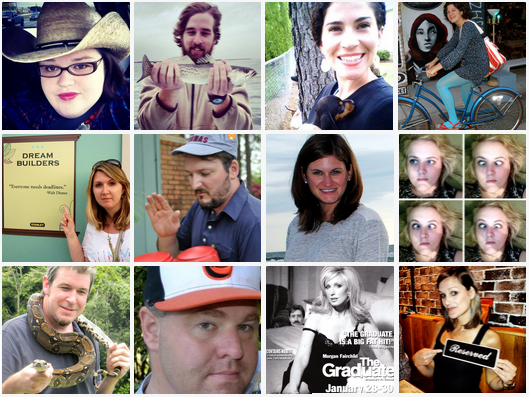
If you have ever been struck by the thought, “I’m a fraud; I can’t really do this,” you know that it feels very isolating.
But in fact, research shows that as many as 70% of people have experienced what is called Imposter Syndrome. Its tincture knows few boundaries as it flows through our collective mind, but nowhere is it more in evidence than within the world of writers.
Note that I do not include the adjective “aspiring” before writers, because if you write, you are a writer. You may not yet be a “published writer,” but you are still a writer. You may not be a “professional writer” (i.e., you make money from writing), but you are still a writer. Even those who feel they are not very good—yet—might do well to acknowledge that 99% of professional writers had a period of being not-so-good, too. One difference is that the stuff produced during a famous writer’s learning curve probably never saw the light of day. Now, for better or worse, we have the ability to publish our early fits and starts, which may earn us bad reviews that in turn feed Imposter Syndrome.
One reason to take heart is that there is very good company to be found in the Land of Perceived Imposters. “Nobel Laureate Maya Angelou once said: ‘I have written eleven books, but each time I think, “uh oh, they’re going to find out now. I’ve run a game on everybody, and they’re going to find me out.”’ Fortunately for all of us she has never let her fear of being ‘found out’ stop her from putting pen to paper and sharing thoughts that have expanded our hearts and enriched our lives.”
In Margie Warrell’s excellent piece in Forbes, excerpted above, she also points to how making comparisons feeds the syndrome, and she quotes the author Iyanla Vanzant with “comparison is an act of violence against the self.”
— Iyanla Vanzant
A funny thing about those messages and signals our minds come up with—whether “I’m a fraud,” “I can’t do this,” or a pregnant sense of dread—is that we tend to receive them as truths. Meanwhile, the more we learn about the ways of our minds, the more we know such beliefs are just that, and they are rooted in our personal past, scars and fears.
We do not need to criticize ourselves for self-doubt or hesitation. But we can do a world of good by simply recognizing the roadblocks in our minds for what they are, and even acknowledge that the mind’s intention was good—like trying to protect us from criticism—only misguided. Then we can set them aside, out of our way.
Ernest Hemingway understood how and why we are writers and why it matters, and he succinctly captured the very small—and very great—thing we must do: “All you have to do is write one true sentence,” he said. “Write the truest sentence that you know.”
I would love to hear your experiences. Have you ever been brushed by the chill fingers of Imposter Syndrome? (Comment box below.)
Editor’s note: This post from Pia Kealey was originally published here on her blog. It is reposted above with her permission.



